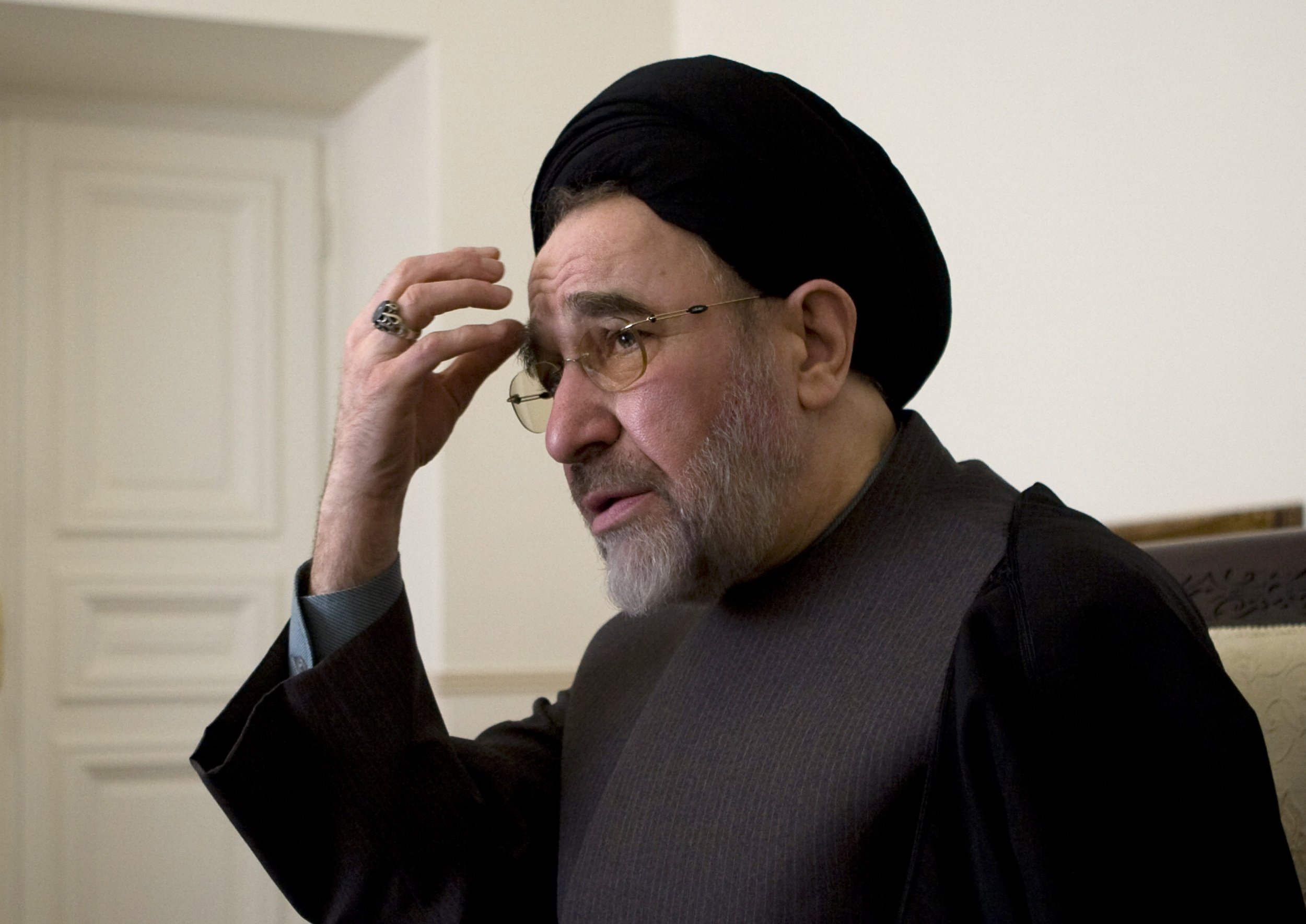
This article first appeared on the American Enterprise Institute site.
The Wall Street Journal reports that Iranian hardliners have disqualified two-thirds of candidates seeking to run in next month's parliamentary elections, including more than 99 percent of reformists.
This should not surprise. The Obama administration's notions of reformism ascendant or of elections representing the will of the Iranian people were mistaken.
The problem is not simply the Iranian penchant for playing good cop, bad cop explained by none other than Hassan Rouhani in speeches in 2005 and 2009.
If corporate lawyers see the world in six-minute increments, then diplomats often see history through the experience of their two- or three-year tours, while presidents' understanding of history is at most eight years long.
It's easy, under such circumstances, to see the Islamic Revolution as frozen in time or perhaps even moderating. A broader perspective, however, suggests the opposite.
Historians believe that a full 10 percent of Iranians participated in the Islamic Revolution. They were largely united in what they were against—the Mohammad Reza Shah's continued autocratic rule.
Revolutionary leader Ruhollah Khomeini promised them an Islamic democracy and eschewed any interest in personal power. By the time the Iranian public learned they had been hoodwinked in both Khomeini's goals and ambitions, it was too late. Khomeini had consolidated power and the purge had begun.
Indeed, while Washington policymakers love to navel-gaze, it's important to remember that much of the logic behind the seizure of the U.S. embassy was to utilize the crisis to purge those among the more liberal factions of the revolutionaries.
The simple fact is that the original revolutionary coalition, if it can be called that, included not only Khomeini and the hardliners surrounding him, but also more liberal nationalists such as the Mehdi Bazargan-led Liberation Movement of Iran and the Marxist-leaning Mujahedin al-Khalq. Many reformers who raised questions about Khomeini's (and successor Ali Khamenei's) consolidation of power have ended their careers in prison.
Who diplomats and journalists consider "reformers" today can only be considered such because everyone more reform-minded than they were was purged. Reformist icon Mohammad Khatami, for example, while minister of culture, banned more than 600 publications.
Indeed, all who consider Khatami a true reformer should consider his comments to Kayhan: "Knowledge of God's commandment must be the foundation of individual and collective life. People are not able to comprehend God's will through the explanations contained in the Quran and Sunna. Acquiring such comprehension requires several years of studies and much effort."
In other words, democracy is fine so long as power is limited to the mullahs and ayatollahs.
Even so, many who rode Khatami's "reformist" wave to power in 1997 now find themselves banned from politics or even in prison. The simple fact is that every year the Islamic Republic persists, the range of acceptable political discourse shrinks and the conservatism of the ruling elite grows. This is also reflected in women's dress on state television.
So what to make of President Hassan Rouhani's election? Rouhani might have embraced a softer rhetorical style than Mahmoud Ahmadinejad, his predecessor, but he is no more reformist. True, he purged a lot of the Islamic Revolutionary Guard Corps officers from the cabinet, but he replaced them with Ministry of Intelligence veterans. Public executions have skyrocketed under Rouhani.
Khamenei is not only supreme leader, but he's also master marionette, playing factions off each other in order to maintain his own power. The seeming rotation between hardline and less hardline factions has less to do with liberalization and more to do with simply cleaning house before any alternative power can consolidate. Meanwhile, it is the most reform-oriented factions always spun off.
Obama may believe change in Iran to be inevitable. Unfortunately, it is not the change he imagines. That the Iran deal as constructed provides the cash to Iran's most hardline elements will only catalyze the slow decline of Iranian reformism.
Michael Rubin is a resident scholar at the American Enterprise Institute. A former Pentagon official, his major research areas are the Middle East, Turkey, Iran and diplomacy.
Uncommon Knowledge
Newsweek is committed to challenging conventional wisdom and finding connections in the search for common ground.
Newsweek is committed to challenging conventional wisdom and finding connections in the search for common ground.
About the writer
To read how Newsweek uses AI as a newsroom tool, Click here.








